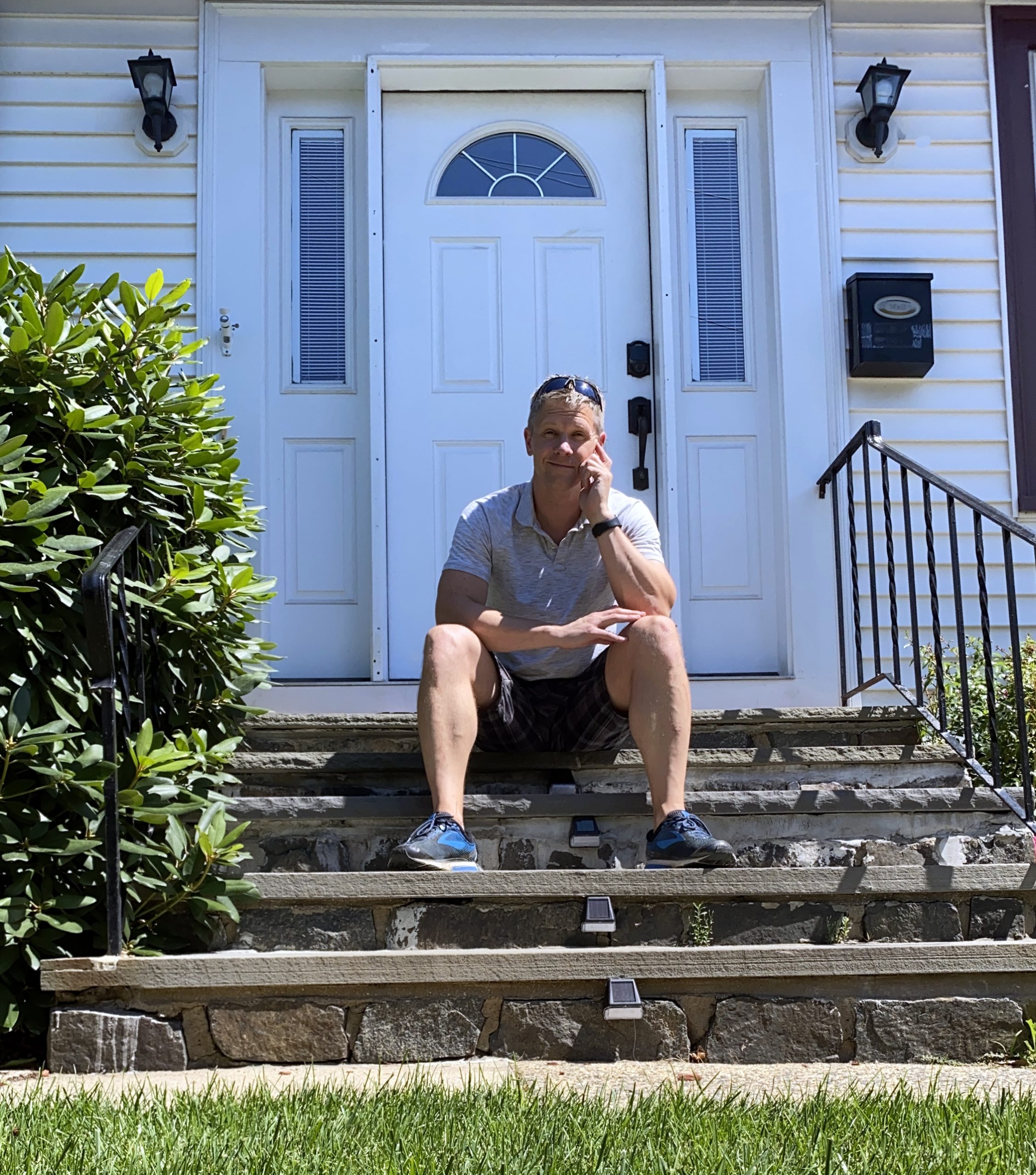
It can be a very frustrating thing for us humans – reproduction. We spend our youth trying not to get pregnant so that we can establish careers, get a house and find the ideal person to have children with. Then we spend our mid-life trying to get pregnant and start a family.
Much of today’s parenting tends to go against human biology given that our [female] fertile years are only up until the mid to late forties. Which adds a very different dynamic to not only child rearing but also coping with the prospect of parenthood itself.
I had my first two children when I was thirty-one and thirty-three. Fast forward through a divorce and several years of trying to right my boat (so to speak) and once again I am married and we find ourselves wanting to have children of our own. We know it is something that must be done sooner rather than later given our ages, but there is a ton to take into consideration.
Questions drift through my head such as:
- Am I too old to handle rearing a young child again?
- Can I keep up with the child/ren?
- Will my children accept and love a new child or will they feel alienated?
- What kind of medical issues can come into play with having a geriatric pregnancy and is this something I want my wife to go through?
- Many children born in the later years can have mental or physical abnormalities, can I handle raising a child with a disability?
- Can I accept the fact that I’ll be in my 60s when they leave the house?
I’d like to say that I came up with answers to all of these questions, but that would be a lie. I cannot answer most of these any more than we can find a manual for parenting with that first child we all have. However, a few of the questions I can answer or attempt to.
Will my children accept and love a new child? Well, this was something that was very important to me personally before I began the journey of being a father again. Both my wife and I sat down with my kids and discussed it. My youngest loved the idea of being a big brother and my oldest – although he liked the thought of having a new brother or sister, he also pointed out that he might not get to know them very well given that he would be going off to college in a couple of years. Valid thoughts. The answer I came to though was that they would accept a new child and love them as much as they could. They accepted the idea and had no problems with it. Perhaps being teens gave them a level of maturity that younger kids might lack.
Can I keep up with the child/ren or accept that I might be in my 60s when they graduate? I had to come to accept that maybe I would not be able to keep up with them as much as I did in my thirties, but I am in good shape and see no reason that I cannot throw a ball, play frisbee or run after them around a playground. Will I be able to when/if they may us grandparents? Probably not. But we can cross that bridge when we come to it.
The medical questions were a whole different ball of wax. I find myself concerned for the health of my wife as much as the well-being of a new child. However, my wife and I talk constantly about these things and weigh the pros and cons regularly. So, I feel that communication is key here, and discussing these options at all times is critical and has helped to alleviate my concerns (at least a bit). I am acutely aware of the risks involved but at the moment feel that the risks outweigh the gains.
We tried for a couple of years to get pregnant and finally decided to try fertility treatments. After a couple of sessions of IUI (intrauterine insemination) and a miscarriage due to genetic abnormalities, we decided it was time to try IVF (in-vitro fertilization) and couple it with PGTA (preimplantation genetic testing) to rule out genetic abnormalities (at least as much as we can).
Our first IVF treatment resulted in three eggs, two that were not mature enough and one that after being fertilized successfully came back with genetic abnormalities unable to sustain life. We knew that if it were implanted, it would have resulted in a miscarriage within weeks. So, we are back to square one and preparing for a second IVF treatment. It may succeed, it may not. What is most important with all of this, however, is that we stand by each other through it all.
I won’t lie, it is very hard being the male side of the relationship and watching all the tests, drugs, hormones constant needle pricks, and procedures that my wife has to go through, unable to really do anything (physically) to help with the procedures, other than being there for her. But, I will do everything in my power to stand by her, help her anywhere I can, and continue to support her emotionally in any way that I can.
And the story continues…

